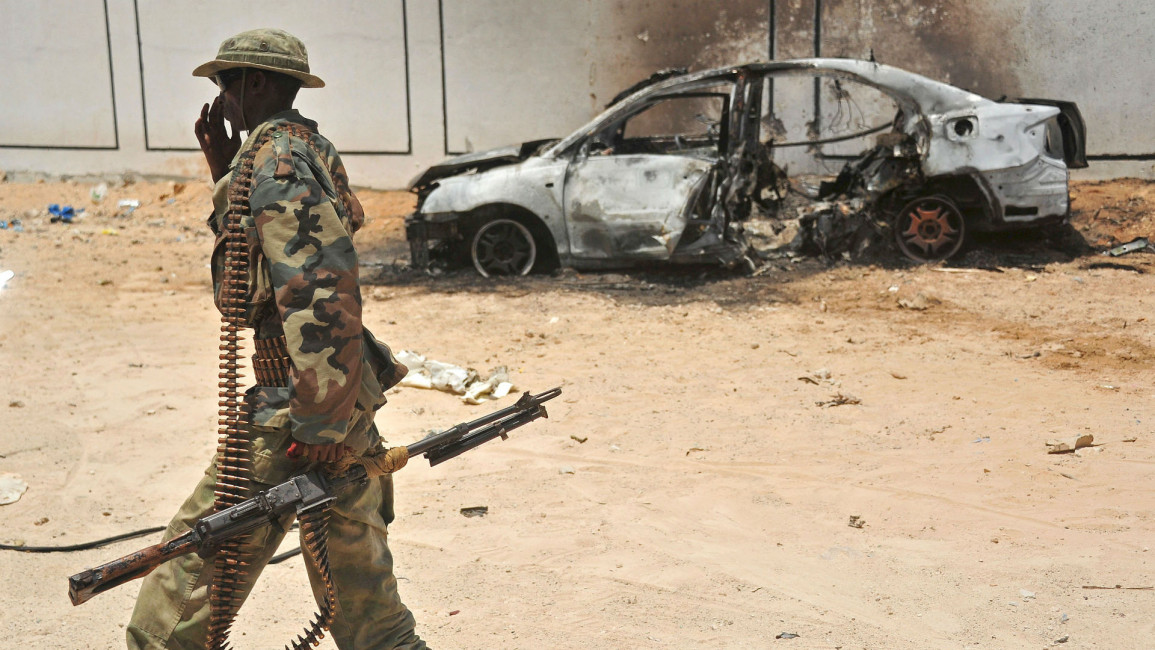UN urges 'unhindered access' for aid to Somalia
The UN Security Council urged on Thursday for "unhindered humanitarian access" in Somalia and expressed serious concern at the ongoing threats posed by the al-Shabab Islamic extremist group.
A presidential statement approved by the 15-member council calls for stepped-up efforts "to prevent destabilizing effects of regional crises and disputes from spilling over into Somalia" and to support the country's federal system and institutions.
Somalia, which borders restive Kenya and lies across the Gulf of Aden from conflict-wracked Yemen, began to fall apart in 1991, when warlords ousted dictator Siad Barre and then turned on each other. Years of conflict and attacks by al-Shabab, along with famine, shattered the country of some 12 million people. It has been trying to rebuild since establishing its first functioning transitional government in 2012."The Security Council expresses deep concern about the humanitarian situation in Somalia, including the continued risk of famine and the impact of recent flooding," the council said in a statement adopted Thursday.
"The Security Council notes with concern that the fighting has exacerbated the humanitarian situation and calls on all parties to allow and facilitate full, safe, rapid and unhindered humanitarian access," it said.
Al-Shabab, which is fighting to impose Sharia law across Somalia, was pushed out of the capital, Mogadishu, and other major urban cities more than two years ago. But the extremist group still carries out suicide attacks across Somalia.
The presidential statement coincided with meetings in Somalia's capital, Mogadishu, on Thursday between UN political chief Rosemary DiCarlo and senior government officials, UN spokesman Stephane Dujarric said.
With a new federal government established, pressure is growing on Somalia's military to assume full responsibility for the country's security. But there are serious concerns about the military's takeover as a 21,000-strong African Union force known as AMISOM begins a withdrawal that is expected to be complete in 2020.
The Security Council statement said "AMISOM's role in enabling the transition to Somali-led security will be critical".



